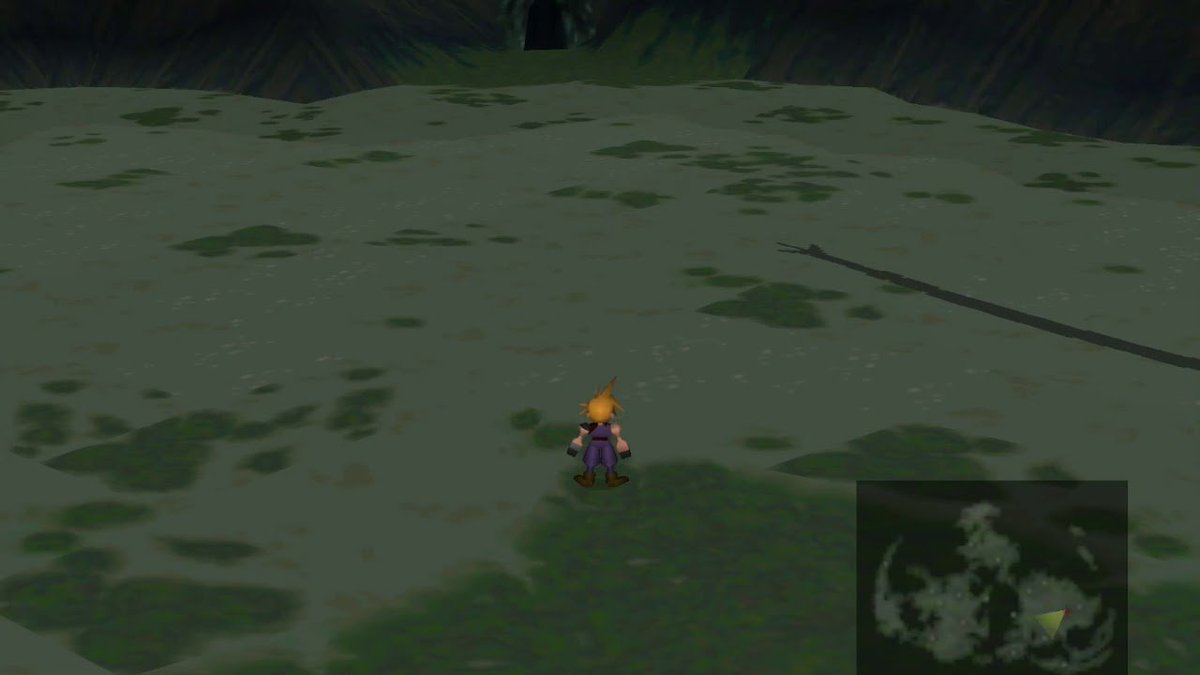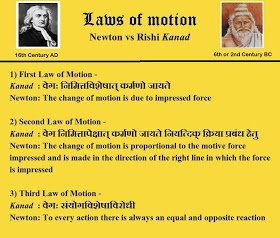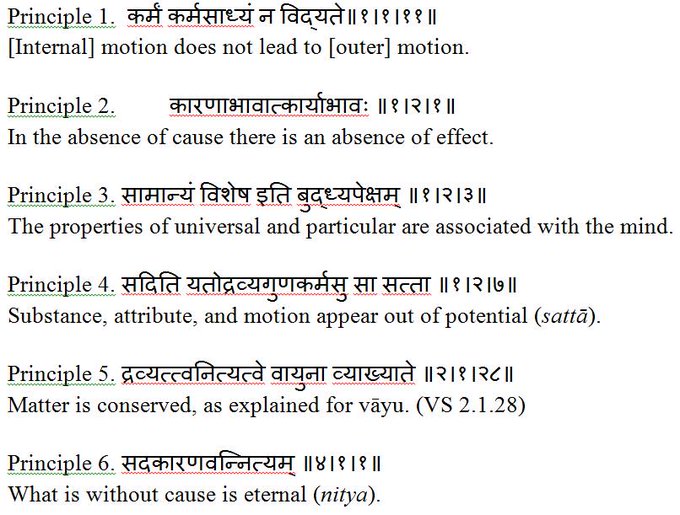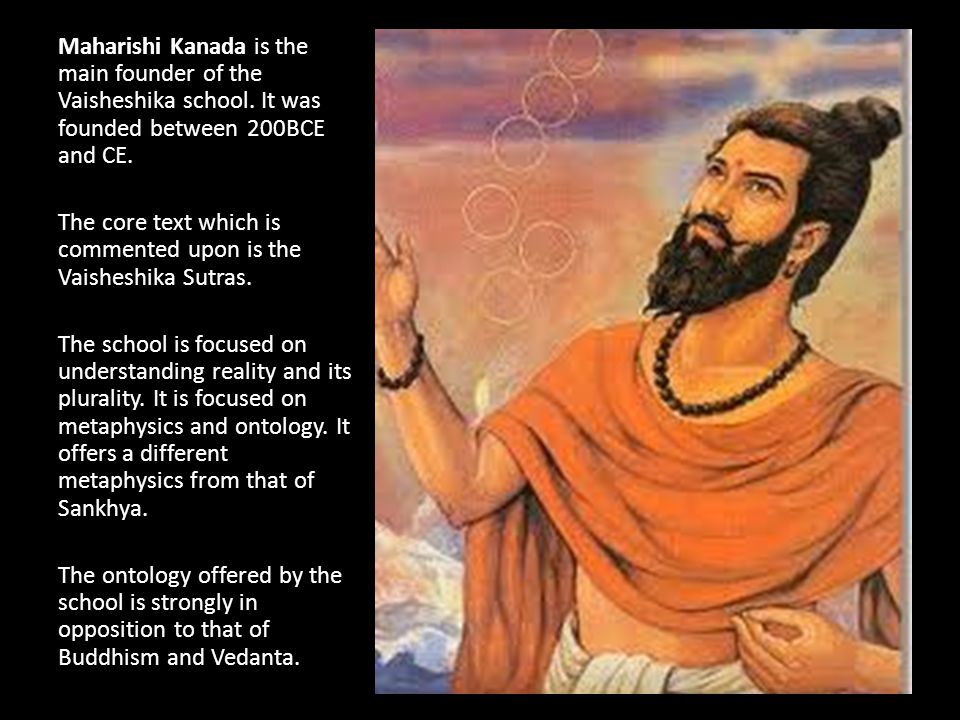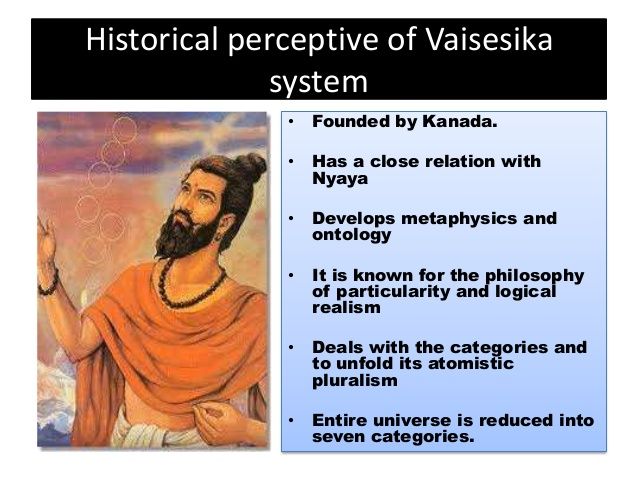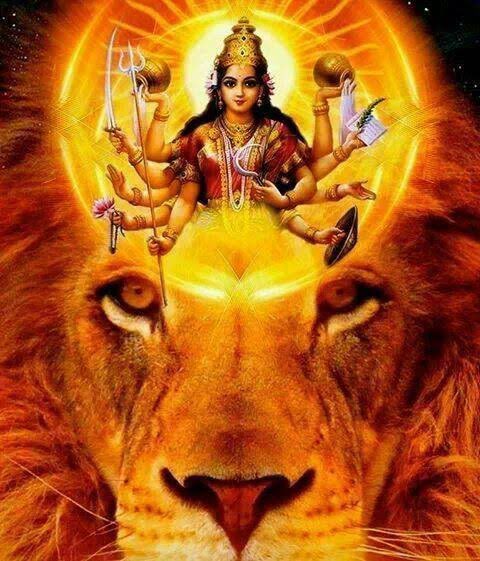Nonetheless, I'll focus on the Moon in this thread.
More from Game
Now that I have a little more time, I'd like to go into detail as to why this is such horseshit.
-39 Seconds- The implication that the PC release was of the quality standard they intended and that's extremely hard to believe. 1/many
-49 Seconds- Leadership Team is deeply sorry (not at fault), don't blame any specific teams (hold onto this one)
-1m42s- Describes a process of making the game look great on PC and then backsliding to "Old Gen" despite the game being announced before PS4/Xbox hardware was known.
-2m11s- Describes the old gen disk bandwith as "it is what it is" Considering the game got announced before those consoles even shipped, its absurd that the entire game was built so far beyond their possible constraints. Also, those consoles put out stuff like Tsushima late gen.
-2m19s- "-our testing did not show a big part of the issues
you experienced while playing the game" This is probably the worst part. Despite telling you not to blame any specific team, the test / QA team, somehow didn't discover the issues with the game.
You don't need to have worked in Dev or QA to know that the game was flying apart at every level (even on PC). The idea that the bug nightmare that ended up shipping seen for example here https://t.co/bgDkfQMVku went under the radar of a PROFESSIONAL QA TEAM is ridiculous.
-39 Seconds- The implication that the PC release was of the quality standard they intended and that's extremely hard to believe. 1/many
Dear gamers,
— Cyberpunk 2077 (@CyberpunkGame) January 13, 2021
Below, you\u2019ll find CD PROJEKT\u2019s co-founder\u2019s personal explanation of what the days leading up to the launch of Cyberpunk 2077 looked like, sharing the studio\u2019s perspective on what happened with the game on old-generation consoles. pic.twitter.com/XjdCKizewq
-49 Seconds- Leadership Team is deeply sorry (not at fault), don't blame any specific teams (hold onto this one)
-1m42s- Describes a process of making the game look great on PC and then backsliding to "Old Gen" despite the game being announced before PS4/Xbox hardware was known.
-2m11s- Describes the old gen disk bandwith as "it is what it is" Considering the game got announced before those consoles even shipped, its absurd that the entire game was built so far beyond their possible constraints. Also, those consoles put out stuff like Tsushima late gen.
-2m19s- "-our testing did not show a big part of the issues
you experienced while playing the game" This is probably the worst part. Despite telling you not to blame any specific team, the test / QA team, somehow didn't discover the issues with the game.
You don't need to have worked in Dev or QA to know that the game was flying apart at every level (even on PC). The idea that the bug nightmare that ended up shipping seen for example here https://t.co/bgDkfQMVku went under the radar of a PROFESSIONAL QA TEAM is ridiculous.
You May Also Like
@franciscodeasis https://t.co/OuQaBRFPu7
Unfortunately the "This work includes the identification of viral sequences in bat samples, and has resulted in the isolation of three bat SARS-related coronaviruses that are now used as reagents to test therapeutics and vaccines." were BEFORE the

chimeric infectious clone grants were there.https://t.co/DAArwFkz6v is in 2017, Rs4231.
https://t.co/UgXygDjYbW is in 2016, RsSHC014 and RsWIV16.
https://t.co/krO69CsJ94 is in 2013, RsWIV1. notice that this is before the beginning of the project
starting in 2016. Also remember that they told about only 3 isolates/live viruses. RsSHC014 is a live infectious clone that is just as alive as those other "Isolates".
P.D. somehow is able to use funds that he have yet recieved yet, and send results and sequences from late 2019 back in time into 2015,2013 and 2016!
https://t.co/4wC7k1Lh54 Ref 3: Why ALL your pangolin samples were PCR negative? to avoid deep sequencing and accidentally reveal Paguma Larvata and Oryctolagus Cuniculus?
Unfortunately the "This work includes the identification of viral sequences in bat samples, and has resulted in the isolation of three bat SARS-related coronaviruses that are now used as reagents to test therapeutics and vaccines." were BEFORE the

chimeric infectious clone grants were there.https://t.co/DAArwFkz6v is in 2017, Rs4231.
https://t.co/UgXygDjYbW is in 2016, RsSHC014 and RsWIV16.
https://t.co/krO69CsJ94 is in 2013, RsWIV1. notice that this is before the beginning of the project
starting in 2016. Also remember that they told about only 3 isolates/live viruses. RsSHC014 is a live infectious clone that is just as alive as those other "Isolates".
P.D. somehow is able to use funds that he have yet recieved yet, and send results and sequences from late 2019 back in time into 2015,2013 and 2016!
https://t.co/4wC7k1Lh54 Ref 3: Why ALL your pangolin samples were PCR negative? to avoid deep sequencing and accidentally reveal Paguma Larvata and Oryctolagus Cuniculus?





